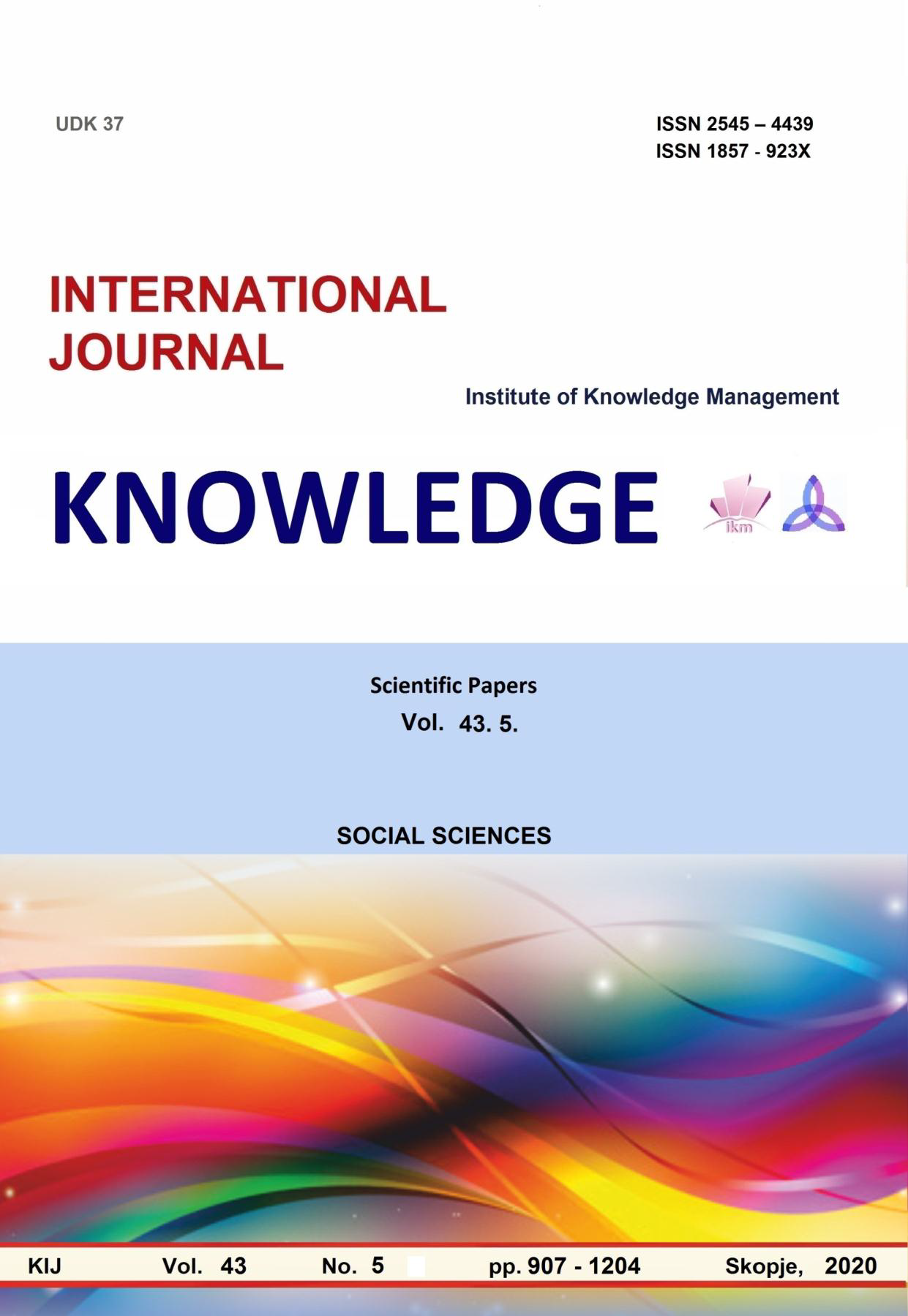JOURNALISM AND JOURNALISM ETHICS
JOURNALISM AND JOURNALISM ETHICS
Author(s): Andon MajhosevSubject(s): Social Sciences
Published by: Scientific Institute of Management and Knowledge
Keywords: journalism; journalist; media;professional ethics;
Summary/Abstract: Journalism is a public activity that has a great public responsibility for the true and objective information of the citizens (the public). This activity belongs to the most prominent, most provocative, but extremely difficult and responsible professions in modern society, which is subject to permanent ethical evaluation and evaluation. The public responsibility of the journalistic profession arises from the fact that the mistakes of journalism can not be hidden, because they are visible and cause harmful consequences in society, politics, democracy, human rights and freedoms and the like. The journalistic profession is one of the most difficult and is of vital importance on whose quality the quality of our political and social life depends. Journalism is a process of constant creation of journalistic products (content) in communication, communicative messages for many people, turning ideas into organizational forms (written texts, spoken sentences, painted situations) suitable for transmission through the mass media that are acceptable and received by a large number of people called audiences, public .., which in its composition is heterogeneous, widespread in space associated with a particular means of mass communication. Journalistic ethics offers a special model of moral values to the extent that the principles of the profession seek to regulate the behavior of its members, while also reflecting the values inherent in the wider community. These principles represent the microcosm of all moral rights and responsibilities. Therefore, studying the specific ethical rules of a discipline / profession such as journalism offers a focused look at how the specific problems it faces, in this case a journalistic guild, as a moral subculture within the wider community, can have a broader and far-reaching implications for the ethics of society as a whole. In this sense, ethics in journalism is a separate thematic area within the general field of applied professional ethics. Journalists are professionals of a special kind, and a special mentality, filled with vanity, and the work they do is subject to special moral considerations that encompass a special set of moral principles or rules of conduct. Ethics in journalism is a set of general moral beliefs, understandings and norms of the conscience of the individual in the journalistic profession. In essence, journalistic ethics is another name for quality journalistic reporting based on facts and truth. Central to ethics in journalism is the journalist as a moral subject with his own individual morality. He acts in a complex relationship in his profession with all other actors in the mass media (the public, media house owners, editors, colleagues, etc.). As a moral being, he bears moral responsibility for his own activity, both before the court of his conscience and before the court of the public. On the other hand, the journalist as a moral subject has a moral duty to follow the media specific moral norms and obligations, ie. to respect and follow the norms and regulations of professional ethics, ie journalistic ethics.
Journal: Knowledge - International Journal
- Issue Year: 43/2020
- Issue No: 5
- Page Range: 1059-1063
- Page Count: 5
- Language: Macedonian

